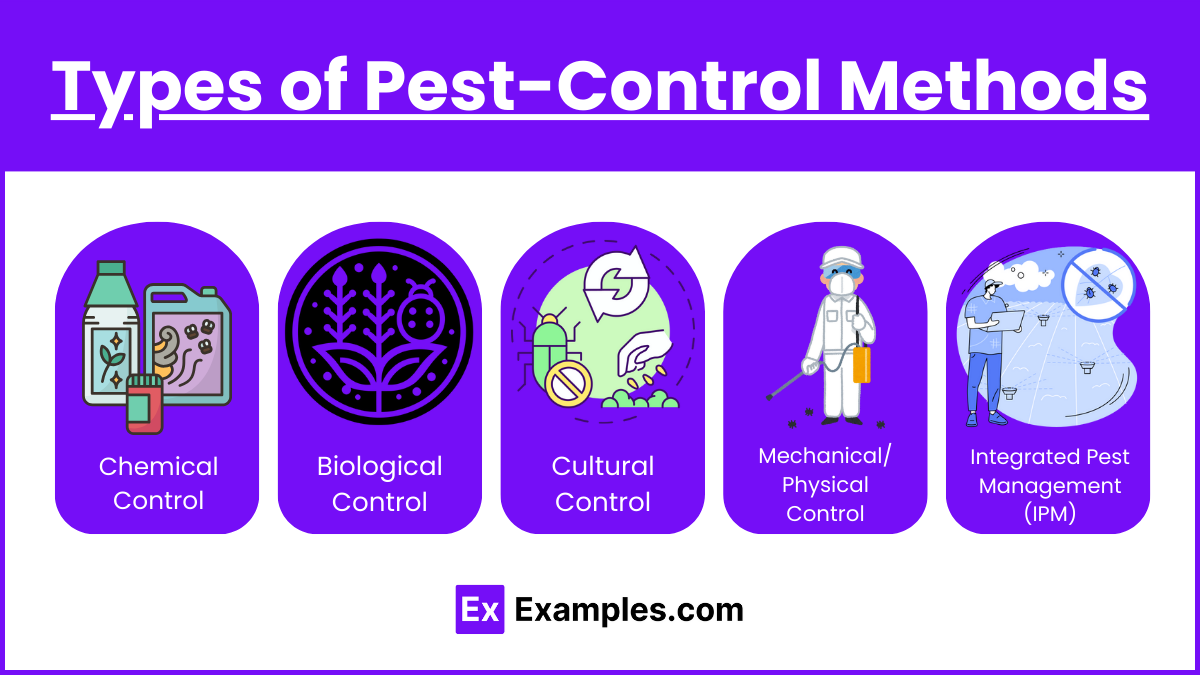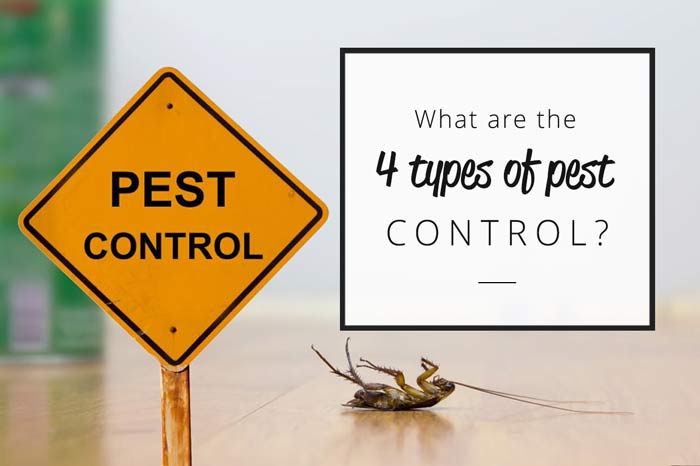All About Pest Control
All About Pest Control
Blog Article
The Facts About Pest Control Uncovered
Table of ContentsPest Control for BeginnersSee This Report on Pest ControlThe 10-Second Trick For Pest Control6 Simple Techniques For Pest ControlThe Buzz on Pest Control
Limitations of Chemical Monitoring Be able to analyze parasite problems, figure out if administration is needed, and make ideal suggestions utilizing IPM strategies. Be familiar with various methods of parasite administration - their advantages and constraints.This phase talks about (IPM), a strategy that uses understanding concerning parasites and their, techniques, nonchemical methods, and chemicals to manage insect issues. Added information regarding IPM for details plants is included in chapters that concentrate on those plants. Parasites in a garden or landscape may consist of insects and mites, weeds,, animals, and birds.
Pests and weeds, nonetheless, play a duty in the. After planting a yard or developing a lawn, the all-natural procedure of plant succession starts to reestablish and nonnative plants.
What we call "parasites" are part of a natural system at job. Just human beings take into consideration certain varieties bugs when they occur where they are not desired.
How Pest Control can Save You Time, Stress, and Money.
Insects at risk to a pesticide were quickly eliminated, leaving immune ones to breed and multiply. It became clear that pesticides alone would certainly not address all pest problems. Instead, overuse of chemicals caused the advancement of resistant parasites. Scientists began to create a new technique to pest control. This new strategy was referred to as integrated parasite administration (IPM).
An IPM strategy permits some level of bugs in the setting. Pests are much less likely to make it through a program that utilizes various approaches of minimizing their populations. Integrated pest administration was very first recommended by entomologists since pests were the first team of pests to show difficult to take care of with chemicals alone.
A limit is the factor at which activity should be taken. IPM has actually extended past insects to management of all pest populaces: weeds, illness organisms, and mammals.
Not known Incorrect Statements About Pest Control
Management as opposed to elimination of insects is the objective. An IPM strategy begins with a cautious analysis of each insect infestation. Just after that can one make a decision concerning the suitable tactics needed to reduce pest activities. The life process of the insect, possible damages, all-natural opponents, and effects of weather, amongst various other variables, are considered before his explanation a control strategy is executed - Pest Control.
Clover growing in a grass may be considered as an unwanted weed, but as a vegetable it is manufacturing nitrogen for the soil and the flowers are giving nectar to honey bees and other. Resistance for some weeds may belong to an IPM strategy. may be eating the fallen leaves of a plant, however when they are recognized as the larvae of Eastern tiger swallowtail butterflies, their damages may be endured so we can delight in the beautiful butterfly.

The second most essential tool in bug monitoring is early intervention. Existing and watchful in the garden ensures early detection. Reacting to find out here now problems swiftly, before they have time to increase, needs a much less remarkable treatment. The third crucial device is recordkeeping; tracking what takes place in the garden makes it possible for a garden enthusiast to acknowledge patterns and make informed decisions.
Excitement About Pest Control
Numerous risk-free, practical, nonchemical methods of plant protection and bug administration might decrease or eliminate the demand to spray. Other techniques are most advantageous when made use of with chemicals. To implement administration techniques properly and explanation to lessen losses, garden enthusiasts should be mindful of the sorts of bugs that assault plants and comprehend pest biology.

Carrying out a soil test and applying only the recommended quantity of plant food and lime maximizes the benefit to the plant while decreasing troubles associated with extreme usage of plant food - Pest Control. Treatment the dirt with numerous inches of compost shields the plant in several means: reducing dirt water loss to evaporation, reducing weed competitors, supplying nutrients, and developing an appropriate atmosphere for earthworms and bacteria that keep the dirt loose for origins and break down organic material to release nutrients
If mulch touches the trunk, it can develop a means for voles, germs, and fungis to assault the plant. Do not utilize manure or garden compost that has not extensively broken down as a top dressing since it can encourage unfavorable parasites. Research study recommends that farming is detrimental to soil structure.
The Basic Principles Of Pest Control
If tilling is considered necessary, think about doing it in the loss when the life cycles of many bugs brings them near the surface area. At the surface area, pests become subjected to the climate as well as birds and various other all-natural enemies.
Report this page